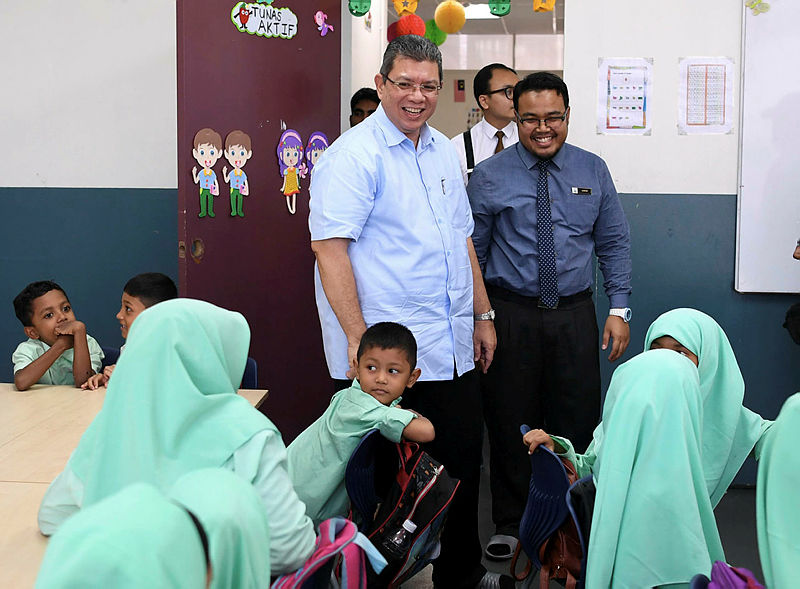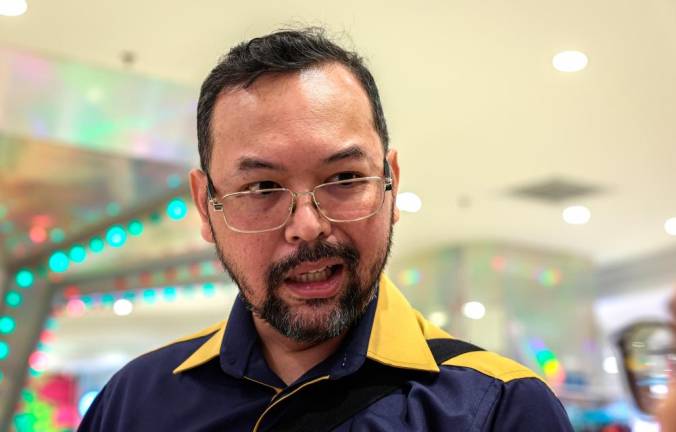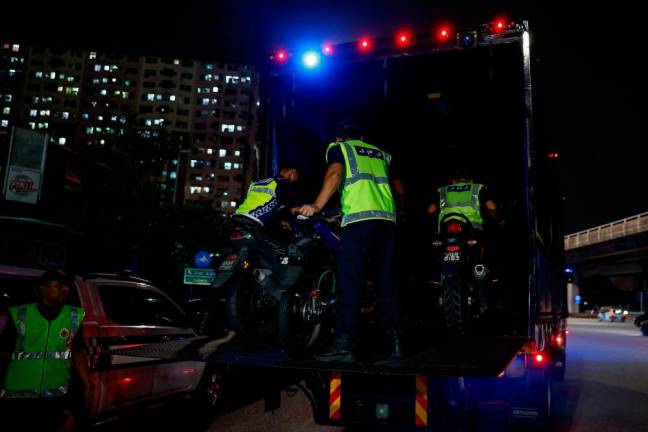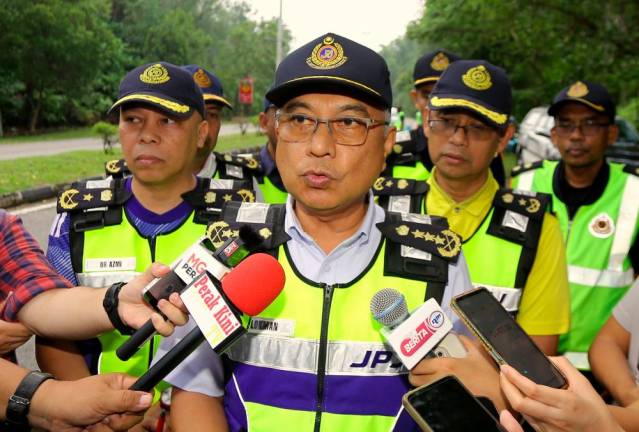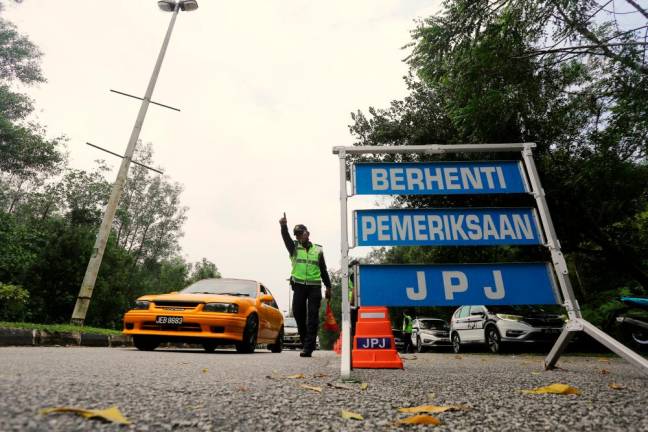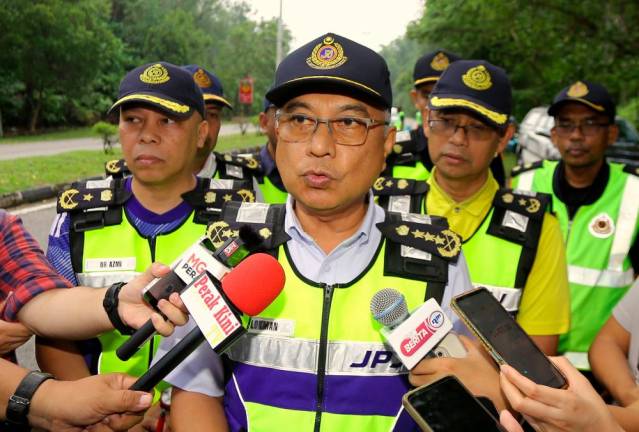KLANG: Malaysia has started negotiations with neighbouring Singapore over possibly reviewing the prices of raw water sold to the republic, according to Datuk Saifuddin Abdullah.
The Foreign Minister said the respective attorney-generals (AG) of the two countries had begun talks about a month ago to discuss what he described as a “very delicate” matter.
He said the progress of the ongoing water negotiations, one of among eight issues currently being discussed with the city-state, was a move in the right direction.
“Discussions on the water deal started about a month ago between our AG Tommy Thomas and his Singapore counterpart (Lucien Wong Yuen Kuai).
“We consider this an important step forward, because prior to this, we weren’t even able to sit at the same table over this water issue. Now, we have,” he told a press conference after visiting the Rohingya Education Centre, here, today.
Saifuddin was asked for an update on the negotiations between the two governments on the water deal.
Prime Minister Tun Dr Mahathir Mohamad had, on Sunday, said Saifuddin would lead a Malaysian delegation in renegotiating prices of raw water sold to Singapore.
He had said that the current price being charged was too low and no longer feasible and that it has to change with times based on the current economic development.
Malaysia currently sells raw water to its neighbour at 3 sen per 1,000 gallons, a rate that has not changed since 1962.
Singapore had previously said it would honour the 1962 Water Agreement — which expires in 2061 — including the price stipulated in it, and expects Malaysia to do the same.
On another matter, Saifuddin said the government will consider allowing refugees to seek jobs in the country.
He said although the cabinet has yet to come up with a proper policy on the matter, he noted that Human Resources Minister M. Kulasegaran was in the midst of looking into it.
Saifuddin said a possible work plan was to allow the refugees to work together in groups close to their community and the places they live in, noting that many refugees want the guarantee of security.
“There are plans in line (to allow refugees to work). We are already looking into it. In fact, there are already 300 people given work permit, as part of a government experiment, so we can learn from that.
“But we must remember that first on the refugees’ minds is always security, they prefer to stay together. Hence a possible work plan that can be successful is one that does not require them to work away from their community.
“Otherwise, that is a recipe for failure,” he said.
He was responding to Klang MP Charles Santiago’s call for the government to allow those seeking refuge in Malaysia to take up jobs in the country, in place of hiring migrant workers, as well as being given access to basic education and healthcare.
Saifuddin said discussions have also been held by those at the Health Ministry and Education Ministry respectively to allow refugees to seek health care at government hospitals and for their children to be allowed to enrol into government schools.
“The government is always listening to all these ideas. And even though the two ministries have not come up with a policy yet, in many instances they have been very helpful in providing some kind of assistance,” he said.
Saifuddin explained that currently, only 25% of registered Rohingya school-going refugees in the country are in school (run by NGOs). At present, there are 88,880 registered Rohingyans in Malaysia, about a third of which are of school-going age.



